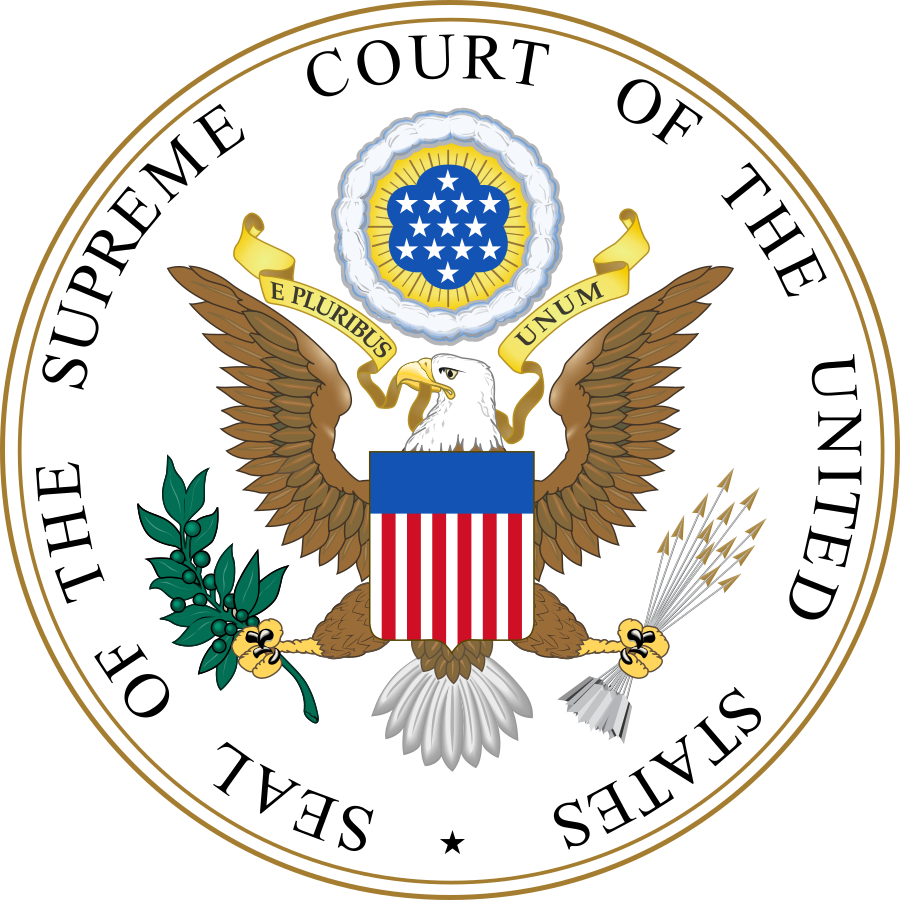
Negroes’ right to vote in state primaries upheld
Supreme Court upsets 1935 ruling in 8–1 opinion involving Texas

Washington (UP) –
The Supreme Court ruled today, 8–1, that Negroes have a constitutional right to vote in state primary elections.
The court’s opinion was delivered by Justice Stanley Reed. Justice Owen J. Roberts dissented.
The ruling specifically involved the right of Negroes to vote in Texas Democratic primaries. Lonnie E. Smith, a Houston Negro, charged that the Democratic Party in Texas has been denying suffrage to Negroes in violation of the federal Constitution “solely because of race and color.”
The U.S. District Court in Houston rejected Smith’s arguments on the grounds that the Texas primaries were “political party affairs” and not subject to federal control. The Appeals Court in New Orleans also upheld the local election officials.
Justice Reed, in announcing today’s decision, said the court overruled its own previous doctrine – in 1935 – that the Democratic Party, as a private organization, had the right to make rules on who should vote in the Texas primaries. The state itself, the court held then, had made no law violating constitutional voting rights of Negroes.
Justice Reed said the court was not exercising its established power to reexamine constitutional questions “where correction depends upon amendment and not upon legislative action.”
Since its former decision, he said, the court has decided that primaries are a part of federal elections and therefore subject to federal control. This ruling was handed down in a Louisiana case.
Justice Roberts, in dissenting, said the ruling was another instance of a growing tendency on the court’s part to scrap previous rulings. He recalled that earlier this year he had expressed his views on the court’s willingness to “disregard and to overrule” former decisions.
He charged:
This tendency indicates an intolerance for what those who have composed this court in the past have conscientiously and deliberately concluded, and involves an assumption that knowledge and wisdom reside in us which was denied to our predecessors.